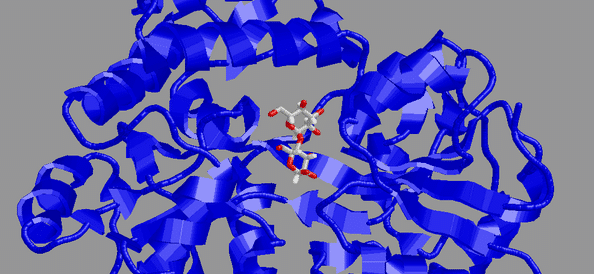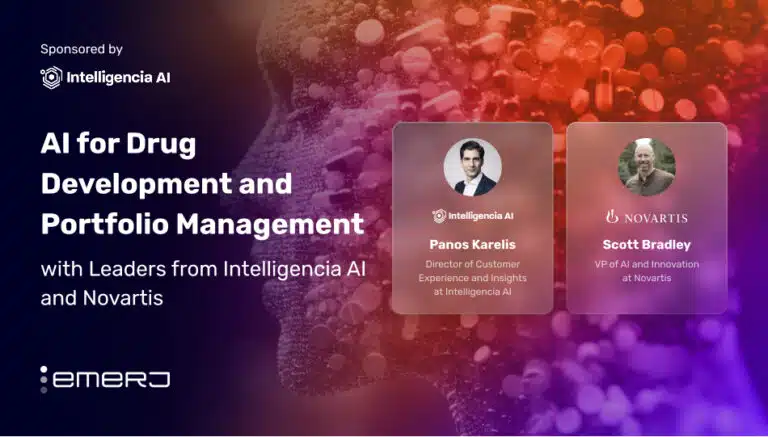Artificial intelligence has it’s advantages. Systematically, over decades of research and development, AI has come to dominate human intelligence in a number of specific and often limited tasks. Yet, AI – at least thus far – has still lagged human intelligence in certain types of rich pattern recognition. For example, AI programs are still comparatively inept with regards to picking up and handling different kinds of objects, and until recently, AI seemed to struggle vehemently in discerning a “cat” from a “dog” on a screen (see: Kaggle).
Today, the human brain has the capacity to recognize and make sense of patterns in ways that AI’s cannot, an ability that was famously pooled in “crowd-sourced intelligence” in “Fold.it,” a game created in the University of Washington. The concept is this: Take thousands of human brains, use them to solve complex problems of protein-folding, allowing scientists who work with the game to create better medications with new protein possibilities, and to adjust the algorithms for their present protein-folding software.
Ivo Georgiev, CEO at Proteo.me, is aiming to take gamification in a new direction. He told me “Fold.it is more specifically targeted to learning how proteins of a certain sequence can fold in on themselves – what we’re doing [at Proteo.me] is more about optimizing already known proteins for novel uses.” Ivo’s team aims to keep the folds of known proteins, and tuning them to bind or interact in specific ways (IE: to help create a drug or treat a condition). In addition, Ivo plans to piggy-back on what he calls the “explosion in mobile gaming” (not a bad assessment) by making his game mobile from the get-go.
Ivo sees this “gamification” as a trend that may enter many other aspects of our lives. He first references the fact that multiple human beings can often discover unique and otherwise unknown opportunities for problem-solving in nearly any field (with Fold.it being a prime example). In addition he references the fact that a group of humans – even in disagreement – are often better at discerning a solution than any one particular person (see: The Wisdom of Crowds).
Ivo mentions “the name [gamification] itself is going to go out of vogue, but as more and more project become involved and figure out how to do well in their own fields, this will become the norm rather than the exception.” In a world permeated by “big data,” it doesn’t seem unreasonable to suspect that – so long as we’re still smarter than machines – our own individual insights might not be pooled and collected (potentially in ways that are still entertaining – like “fold.it”).




















